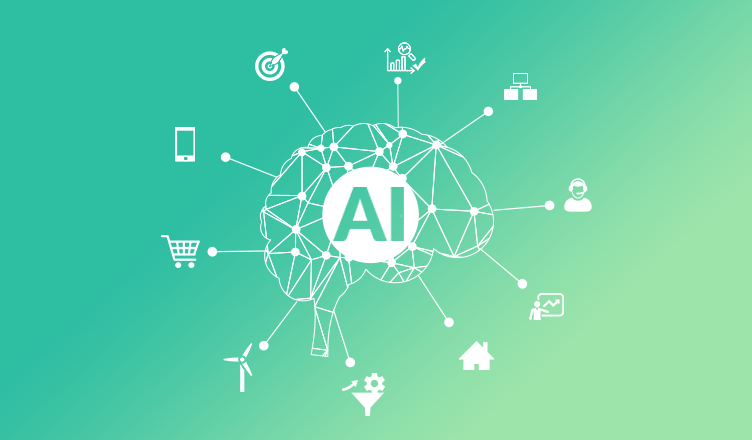AI and machine learning are an excellent way to help SMEs achieve their goal of consistent business growth in today’s competitive environment. They allow SMEs to effectively delegate routine tasks to be done by innovative yet fast methods/technologies making executives free to focus on other creative avenues that can help businesses grow.
However, to achieve success with AI, small businesses need the right strategy and align technology with their respective business goal. The AI journey can be fruitful for SMEs if they understand the importance of this emerging phenomenon and accordingly prioritise it to achieve long-term and scalable success.
AI considerations for SMEs
Beyond the business outcomes, SMEs need to consider a range of factors in order to evaluate and maximise the return on investment. One of the biggest roadblocks is that machine learning projects quite often require a significant investment and even small projects can cost up to hundreds of thousands of dollars. At an enterprise level, these projects cost a few million dollars. Therefore, it is important to have the right plan in place, as well as a team or advisors who can help out scope this process. For example, a data science coach can help a business navigate this landscape.
There are some key factors that a company that is looking to implement data science needs to consider.
- Identification of the right problem
- Commercial software or open-source?
- Measuring business impact
- Whether the solution will be built in-house or outsourced
- Home-made talent or choosing a hybrid Approach
Identification of the right problem
Some of the key questions that need to be dealt with are what are the right problems to solve, what are the kind of benchmarks that should be established and does the company have the right data available. This might sound trivial, but more often than not, companies might have very vague goals like “we just want to do something with our data”. The more concrete the goal the better.
Commercial software or open-source?
Most enterprises have a dedicated team of data scientists and developers to build ML/AI applications or do it through third-party vendor tools. Leading tech majors like Google, Amazon and Microsoft offer API platforms for tasks like speech recognition, image and text recognition. For example, SMEs can choose from a range of tools such as Google’s TensorFlow machine learning tools, or IBM’s Watson AI platform. Meanwhile, there is also a range of open source platforms which provides the building blocks to develop ML applications, and they are completely free.
This a very common dilemma, especially for smaller companies. This video below explains how to solve it:
Measuring Business Impact
Data scientists quite often forget that data science in a business context is about delivering value to an organisation. The coolest algorithm won’t mean much if it won’t translate into a business outcome. That is important to have metrics in place to measure performance before and after implementation, and detect areas of improvement.
Home-made talent or choosing a hybrid Approach
SMEs will also have to make the choice between building an in-house team of training data scientists and software developers who can build models in-house or outsource the model development task. Most SMEs follow a hybrid approach to reduce costs and drive better business outcomes. However, building an in-house team requires massive investment as data science talent is scarce and it can take up to 12 months to get the projects off the ground. That’s why is usually a better option to start by hiring a consultancy company, before fully committing to initiating AI transformation through your business.
Success Rate of AI projects
Before investing in an ML or AI project, it is important to recognise that not all ML projects will be successful. In fact, enterprises are known to adopt the “fail first approach” which is also a telling comment on the iterative nature of ML project development stages which includes prototype development, testing and analysis. Besides model development, testing and validation, also form a major component of the project. ML models need to be fine-tuned and the results are validated thoroughly before being put in use. For example, in the case of building a financial robot adviser, the results need to be validated against compliance regulations.
The best way to ensure that your implementation will be successful is to work alongside experts who have the right kind of experience. A data science coach can help you scope out your requirements. Get in touch if you want to know more.


